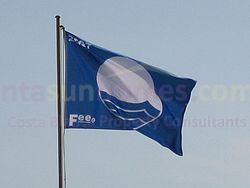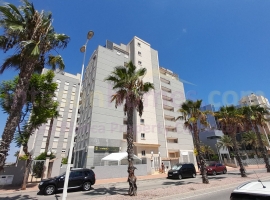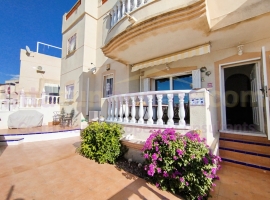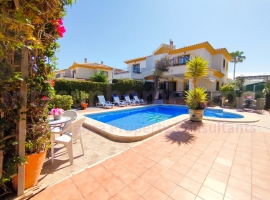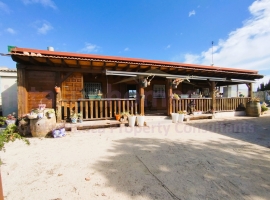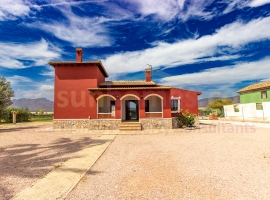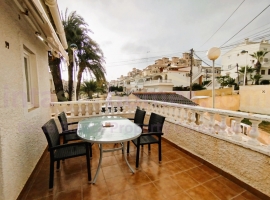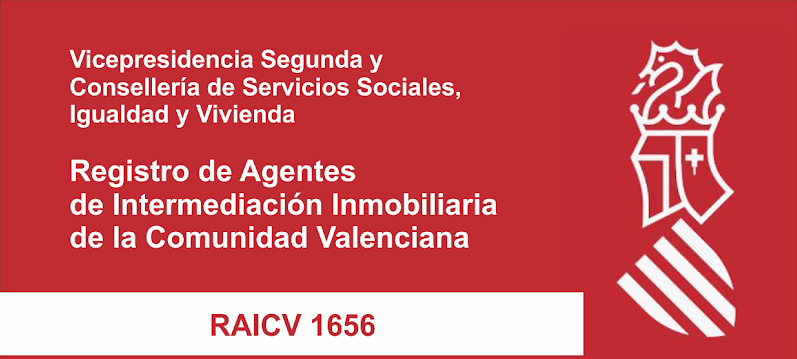25 Blue Flag Beach Awards to Costa Blanca South Beaches, 68 in total in Valencia Community
The fact that here we have almost 5,000 hectares of underwater meadows extending along the coastline of the southern Costa Blanca, from Guardamar del Segura to Pilar de la Horadada, are a hugely important contribution to the excellent quality of water and to the wonderful beaches. Posidonia oceanica, commonly known as Neptune grass or Mediterranean tape weed, is a sea grass species that is native to the Mediterranean . It forms large underwater fields that are a hugely important part of the ecosystem.These treasures, which are abundant in our local marine environment, ensure good water quality, although of course this is not the only requirement for the award of the blue flags.To get these awards there are many more requirements that have to be met including the provision of an adequate lifesaving and rescue service; the provision of general information to users of the beaches; environmental information and the encouragement of procedures and actions to ensure the conservation of the environment.It is also necessary to show regular improvements to the available facilities. In the case of Orihuela, for example, there will be five amphibious chairs for disabled beach goers as well as many other additions to disabled services. There will also be upgrades to, and additional, toilet amenities as well as new lifeguard stations on each of the Orihuela Costa beaches.This year the four local municipalities received 25 Blue flags of the total of 68, spread throughout the Valencia province, four more than in 2017. Of those,Orihuela Costa, with 11 awards in total, was the second most awarded municipality in the whole of Spain.


